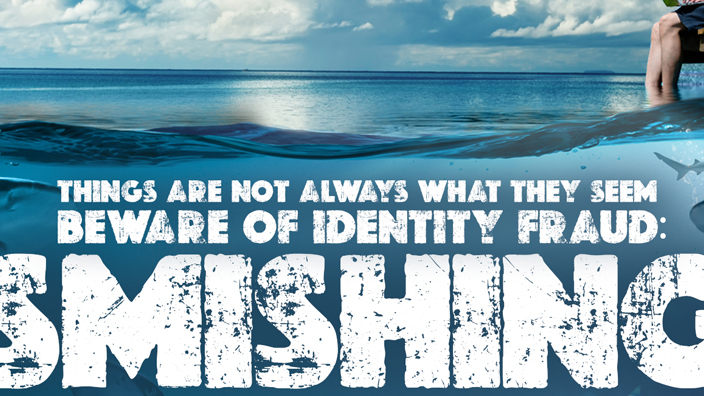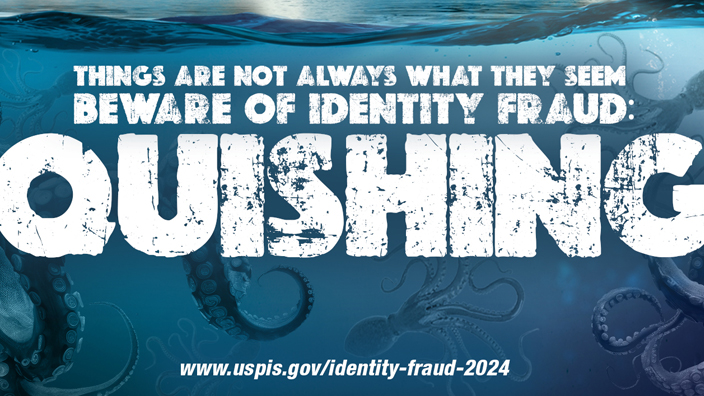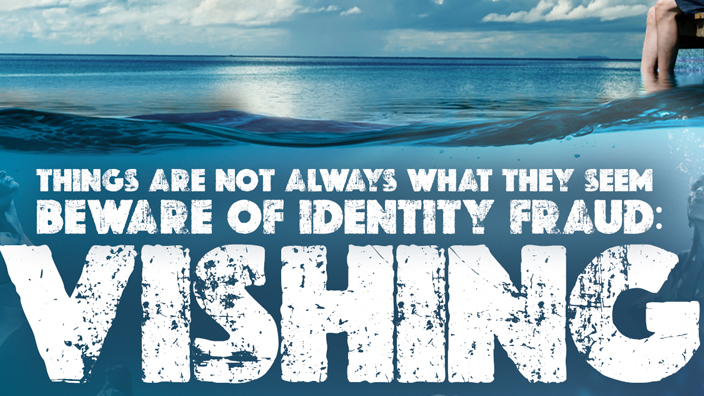The Postal Service is reminding employees and contractors to be aware of online scams that can pose a threat or cause harm to the organization.
While individuals can fall victim to many different types of scams, cybercriminals commonly prey on their intended targets — via texting or email — for financial gain.
Some of these scams include:
• Phishing: Attacks to steal your personal information through email or text messages that replicate legitimate companies.
• Ransomware: Designed to block users from accessing their computer until they pay the “ransom.”
• Fake lotteries: Messages claiming you have won a prize, but you must pay a fee to claim it.
• Bank fraud: Emails or text messages that look like they are from your bank requesting personally identifiable information.
• Gift cards: Scammers coerce people into purchasing gift cards and then steal the funds loaded onto those cards.
The CyberSafe team at USPS offers these tips to avoid online scams:
• Slow down. Be suspicious of urgent messaging and requests to act fast.
• Verify. When you buy gifts or donate to a charity online, verify that the websites are legitimate, identify the mailing address associated with the organization or confirm customer service contact information.
• Don’t click on suspicious links. This includes links from unsolicited emails or text messages. Also: Never enter personal or banking information unless the sender’s identity is verified.
• Report it. If you fall victim to a scam, immediately contact the FBI’s Internet Crime Complaint Center.
For additional information on online scams, go to the CyberSafe at USPS pages on Blue and LiteBlue.



